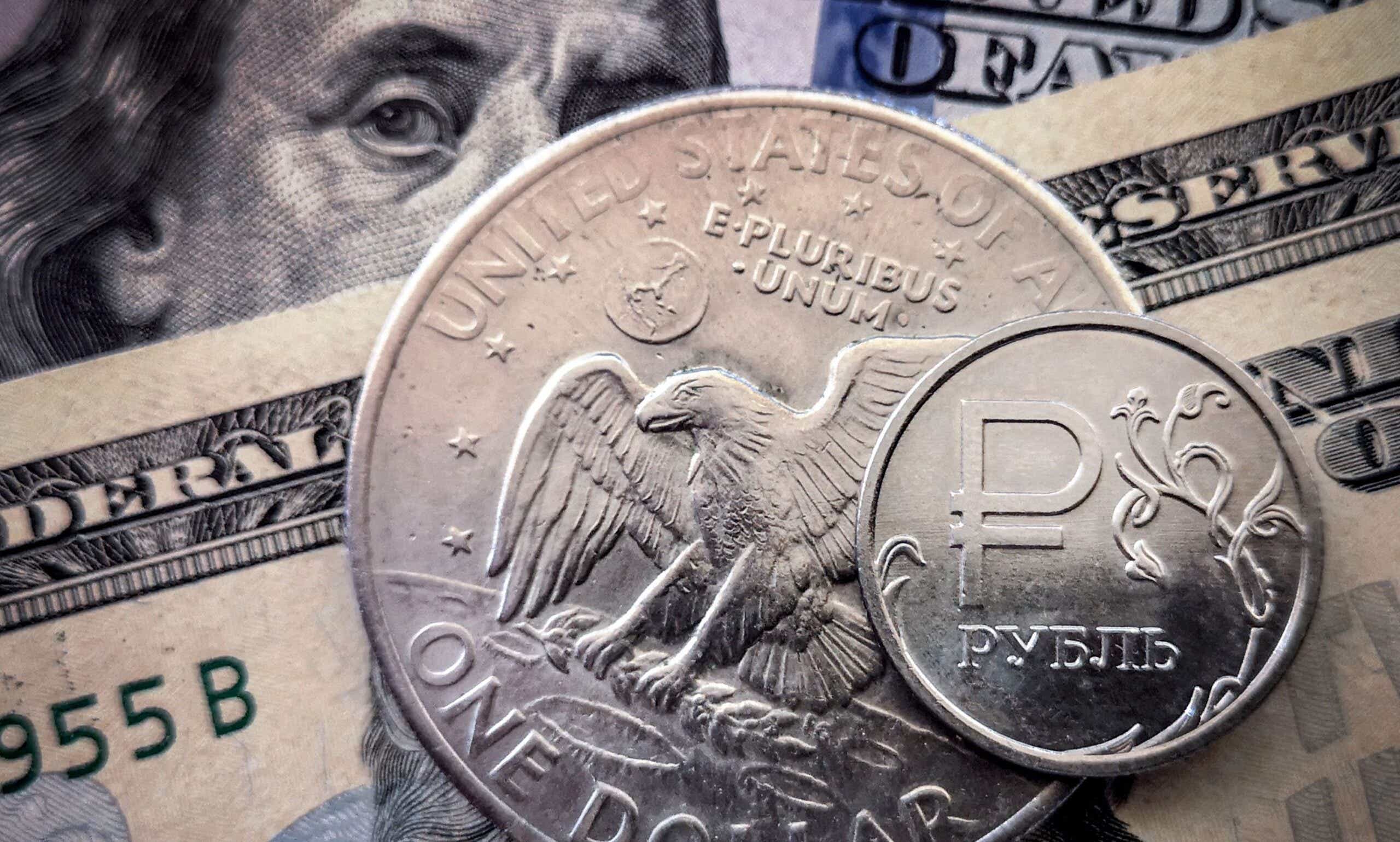As Russia continues its relentless assault on Ukraine, a growing fear of a wider war between Russia and the West is lurking in the background. What does Putin's nuclear saber-rattling mean? And why do sanctions too often fail?
Katie spoke to Robin Wright, a journalist, author, and foreign affairs analyst, who for decades has covered wars, revolutions and uprisings around the world, to get some answers.
Below are just a few excerpts from this fascinating — and urgent — discussion.
What are Putin's intentions, and how is his nuclear arsenal looking?
"We think of the nuclear age as between 1945 and 1989, between the first use of the bomb in Hiroshima, Nagasaki, and through the Cold War," explains Robin. "After the Cold War, we kind of took it for granted that the nuclear threat wasn't real anymore. There were a number of treaties that prevented first use, and the sense of mutually assured deterrence that would prevent anyone from using the world's deadliest weapon.
What we've discovered is that the nuclear age never really ended. Today, there are almost 13,000 nuclear weapons on Earth, and 90% of them are in the arsenals of the United States and Russia, and Russia has more than we do. Russia's also modernized its weapons. Suddenly, Putin's wild claim about putting his nuclear forces on alert has become very real in Washington again."
How seriously should we take Putin's saber-rattling?
"I think you have to take it very seriously, even if it was initially meant as saber-rattling," says Robin. "He's now in some ways in a corner where there's no good end game for him. Whether it's physically, militarily or politically, the war hasn't gone well for him.
He may or may well take territory, but I think almost everyone believes there will continue to be resistance and insurgency. He won't be able to take and hold Ukraine — he has 100 and 150,000 troops there, and it would take a million to actually occupy the country permanently if he's to put a puppet in power.
In many ways Putin has "the edge" — he was the one who invaded, he initiated all of this. And he wants to kind of intimidate the West, and the nuclear rhetoric as part of that. But it is also a real possibility, given the fact that militarily the conventional forces have not done as well as he had hoped."
So why now? What about this moment in time created the right circumstances for this invasion?
"I think there are a number of things. First of all, he's been in power 22 years. He has gradually tested and probed, whether it's in Georgia, in 2008, in Syria in 2015. This is a man who has ambitions not just not to restore the Soviet Empire, but also to push Russia's influence much further.
I think he felt the NATO alliance was not as strong as it was, and so Putin thought this was the moment. Plus he's 69, he's looking at legacy issues. Where does he want to leave Russia? What does he want to accomplish in his lifetime? He has ambitions of being Peter the great.
This is also a man with a Napoleon Complex. In 2004 I was in Chile for the Asia Pacific Economic conference, and all the leaders of the Pacific nations were there, including Putin. George W. Bush and I were in the lobby where the conference was, and I felt this big shove. I turned around, and it was Putin's bodyguard. And I was literally a foot, maybe a foot and a half from Putin. I realized I was looking at him in the eye."
For more of Robin's fascinating insight, check out the full interview here.









